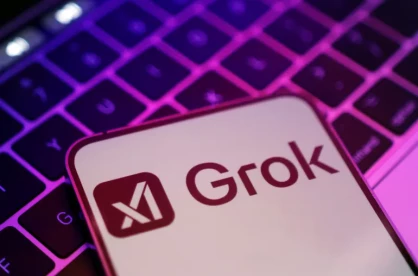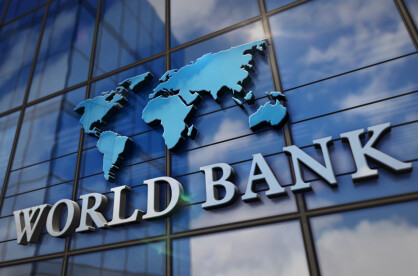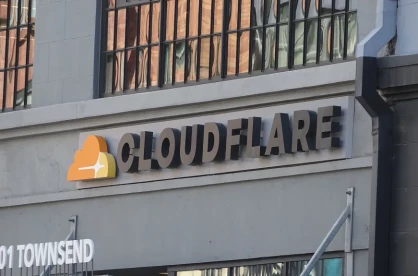One of the reasons many Democratic voters opposed Donald Trump in the 2024 U.S. presidential election was due to his and the Republican Party's hardline stance on immigration and deportation policies. Despite this, Trump secured victory and was inaugurated as President in January 2025. His return to office reignited fears across the country—particularly in immigrant-heavy states like California—as the administration swiftly began implementing aggressive immigration enforcement measures.
In the final week of May 2025, the city of Los Angeles, often recognized as a symbol of cultural diversity and civil liberties, witnessed a surge in immigration enforcement actions. Large-scale operations were conducted by U.S. Immigration and Customs Enforcement (ICE), with coordinated raids across downtown LA, including the Fashion District and industrial areas. These operations, reportedly targeting undocumented workers, led to dozens of arrests and sparked immediate public backlash.
Peaceful protests began on June 6, 2025, with demonstrators rallying against what they described as unjust and discriminatory crackdowns. However, tensions escalated by June 7, following the arrest of a prominent labor organizer and clashes between protesters and law enforcement. That same evening, President Trump signed a presidential memorandum authorizing the deployment of 2,000 National Guard troops to assist federal immigration operations in Los Angeles, calling it “a necessary measure to restore law and order.”
The situation quickly deteriorated. Law enforcement agencies—including LAPD, ICE, and later federal troops—used tear gas, rubber bullets, and flash-bang grenades to disperse crowds. Protesters, in turn, blocked major roadways like the 101 Freeway and threw projectiles including bottles and makeshift incendiary devices. According to ABC News and Reuters, several vehicles were set on fire, and arrests exceeded 200 within the first few days of unrest.
On June 9, the federal response escalated further with the deployment of 700 U.S. Marines from the 2nd Battalion, 7th Marines, stationed in Twentynine Palms, California. Simultaneously, the federalization of the California National Guard—enacted without the governor's consent—sparked a legal challenge from state officials, with California Governor Gavin Newsom calling the deployment "an assault on states' rights."
Authorities have declared parts of downtown Los Angeles as zones of “unlawful assembly,” and a citywide curfew from 8 PM to 6 AM was imposed starting June 10. Despite this, protests have continued across several neighborhoods and expanded to cities like San Francisco, Chicago, New York, and Austin in solidarity with Los Angeles.
As of 13 June, the protests continue across the cities in a more peaceful manner as the violent clashes between cdemostrators and authorities have diminished. While the protests continue, a federal court has temporarily blocked Trump’s order to federalize the California National Guard, pending further hearings. The state continues to challenge the constitutionality of the deployment under the 10th Amendment.






